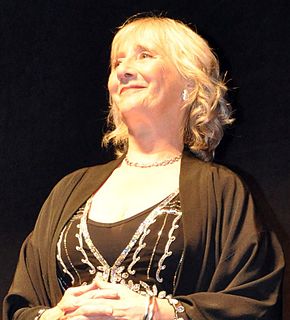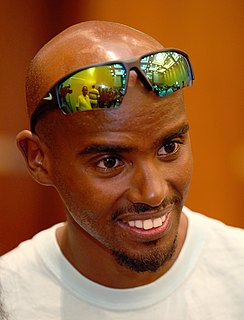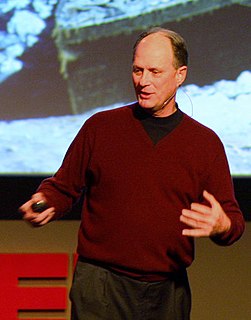A Quote by Amy Dickinson
One of the privileges of adulthood is that your parents don't get to tell you what to do.
Related Quotes
Cram your head with characters and stories. Abuse your library privileges. Never stop looking at the world, and never stop reading to find out what sense other people have made of it. If people give you a hard time and tell you to get your nose out of a book, tell them you're working. Tell them it's research. Tell them to pipe down and leave you alone.
Why do children want to grow up? Because they experience their lives as constrained by immaturity and perceive adulthood as a condition of greater freedom and opportunity. But what is there today, in America, that very poor and very rich adolescents want to do but cannot do? Not much: they can do drugs, have sex, make babies, and get money (from their parents, crime, or the State). For such adolescents, adulthood becomes synonymous with responsibility rather than liberty. Is it any surprise that they remain adolescents?
When you reach a certain age, you have fulfilled your childhood dream and whatever your first or second adulthood led you to do. Then you're in your third adulthood, the one that leads to the grave, and you ask yourself, "What will I do between now and then?" Instead of thinking in terms of glamour, you start thinking in terms of reform - your contribution to the world.
You are born into a dangerous world, there are all sorts of ways in which you could die, and you need to believe your parents when they tell you don't go near the edge of the cliff, or don't pick up that snake, etc. There could very well be a Darwinian survival value in that sort of brain rule of thumb. And a by-product of that could be that you believe your parents when they tell you about the juju in the sky, or whatever it might be.
Most of the time you are growing up, people tell you what's wrong with you. Your coach tells you, your parents tell you, the teachers tell you when they grade you. I think that's very good in the early stages, because it helps you then develop skills. But at some point in your career, generally I think when you are in your teens, you look in a mirror and you have to say, despite all the bumps and warts, "I like that person I'm looking at, and let's just do our best."
I've always assumed that my parents and my in-laws would live with me when I get older and have children. I just assume it will happen and that it's the right way to do things. It's a deeply Indian custom - that you kind of inherit your parents and your spouse's parents and you take care of them eventually.
Co-parenting is probably the toughest situation that I've had to deal with because my ex and I really just don't get along. So, at the end of the day, I would tell any parents listening that once you're separated from your significant other - the father of your children, the mother of your children - the most important thing is the kids' happiness.
































